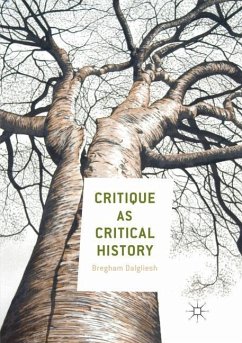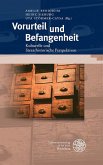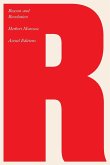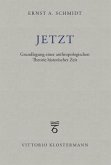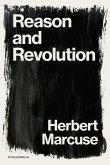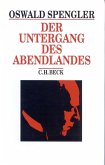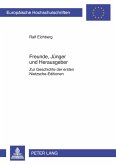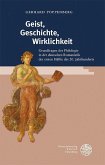This book presents the first sustained articulation of a Foucauldian oeuvre . It situates Foucault's critique within the tradition of Kant's call for a philosophical archaeology of reason; in parallel, it demonstrates the priority in Foucault's thought of Nietzsche over Heidegger and the framing of reason against an ontology of power. Bregham Dalgliesh hereby claims that at the heart of the Foucauldian oeuvre is the philosophical method of critical history. Its task is to make the will to know that drives thought conscious of itself as a problem, especially the regimes of truth that define our governmentalities. By revealing the contingency of their constituent parts of knowledge, power and ethics, Dalgliesh demonstrates that critical history offers an alternative mode of critique to the hithertofore singular reading of the intellectual heritage of enlightenment, while it fosters an agonistic concept of freedom in respect of our putatively necessary limits.

